Egyptian Egyptology State of the Field Project (EESFP)
About the Project
This project is dedicated to exploring the current state of the field of Egyptology as practiced by Egyptians, showcasing its achievements, addressing its challenges, and identifying ways to enhance the field. The Egyptian Egyptology State of the Field Project (EESFP) aims to create a space for both Egyptian and foreign Egyptologists to gain a greater understanding on their current work. Our mission is to provide a comprehensive analysis of the field by featuring in-depth interviews with Egyptian Egyptologists conducted in Egypt and abroad, as well as an extensive, targeted survey.
Egyptology here is defined as encompassing all periods of Egyptian history, including Pharaonic, Islamic, Coptic, Modern, and more. Additionally, the definition of “work in the field of Egyptology” is also broad and can include a range of professions, such as academia, archaeology, research, tourism, museum curation, editorial work, authorship, art history, philology, conservation, people who work in the field of cultural heritage, cultural nonprofits, cultural diplomacy, etc.
The project will have several phases. First, an ethnographical study is underway; Dr. Fatma Ismail, the EESFP Project Director has been working on gathering and recording valuable oral histories of the Egyptian side of the many important archaeological discoveries, conservation and restoration projects in Egypt. The second phase, a targeted survey of Egyptian Egyptologists, will launch in June 2023. This survey will collect various types of data on Egyptians currently or previously working in these fields, including demographic, educational, and occupational data. These questions will include assessing ideas about current issues, including the current position of Egyptian Egyptology in relation to foreign scholarship.
As this project hopes to highlight issues that can be improved upon, we will also be asking what Egyptian Egyptologists think about the training they have had in the past, current training, and career opportunities, and what they would like to see in the future in furthering their own career goals. We hope that those surveyed will share personal experiences with us which can highlight avenues in which the field needs to grow. Answers to these types of questions can then be analyzed by demographics and occupation to see how we can identify the unique needs and challenges faced by participants in their pursuit of education and working in various areas of Egyptology, with special attention given to women and underrepresented communities, ensuring a more inclusive environment as the field moves forward.
The final phase of this project is intended to foster more interconnectivity, both between Egyptian scholars and the international community and between different scholars working in Egypt. This will involve creating an online resource for current Egyptian Egyptologists to showcase the projects they are working on, sharing them with the Egyptian and international Egyptological communities, and provide contact information for their projects if they so wish. In addition to this, the results of the initial surveys will be published, highlighting areas where Egyptian Egyptology can grow and better connect with the international Egyptological community. It is hoped that with a greater understanding of the current state of the field of Egyptian Egyptology, new ideas and connections will be made, furthering our understanding of Egyptian culture throughout time. The findings will offer tangible strategies to enhance learning, pedagogy, training, research, and career development, while also fostering professional networking and mentorship opportunities.
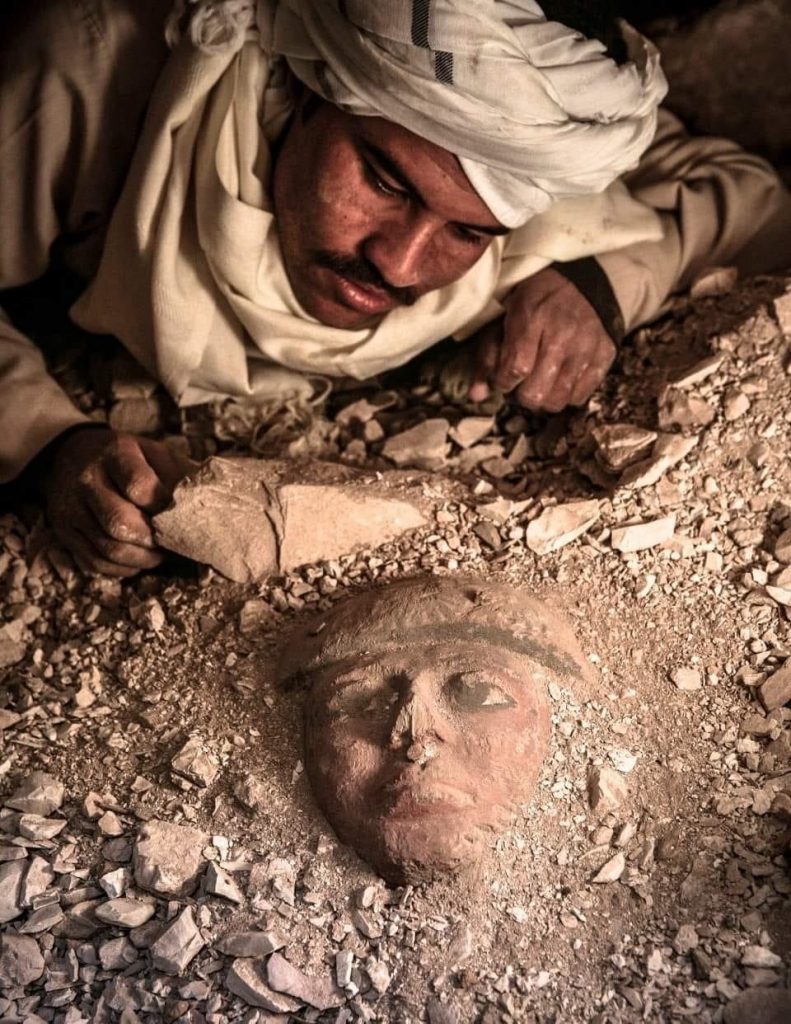
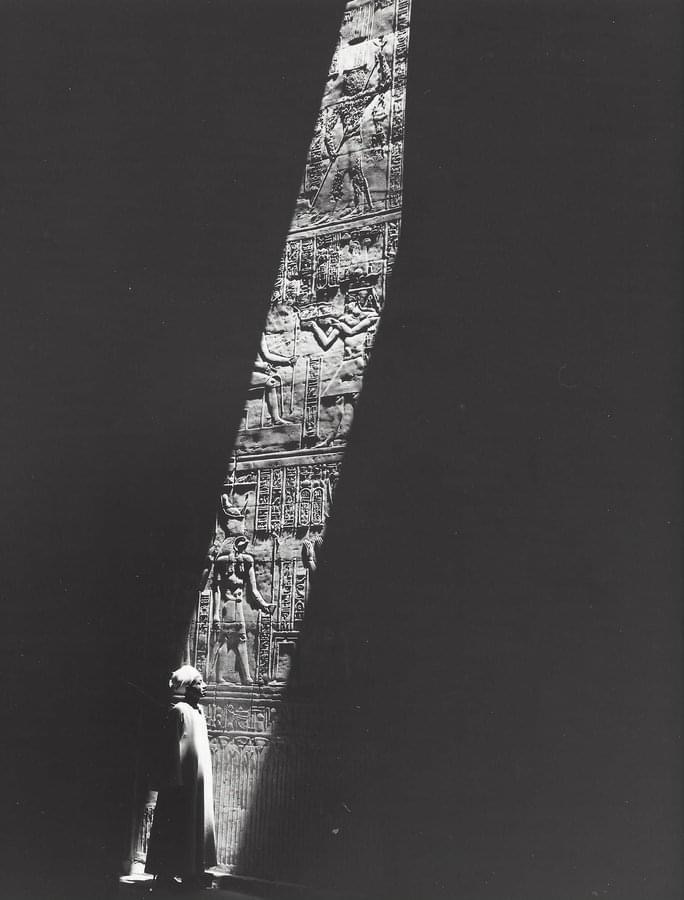
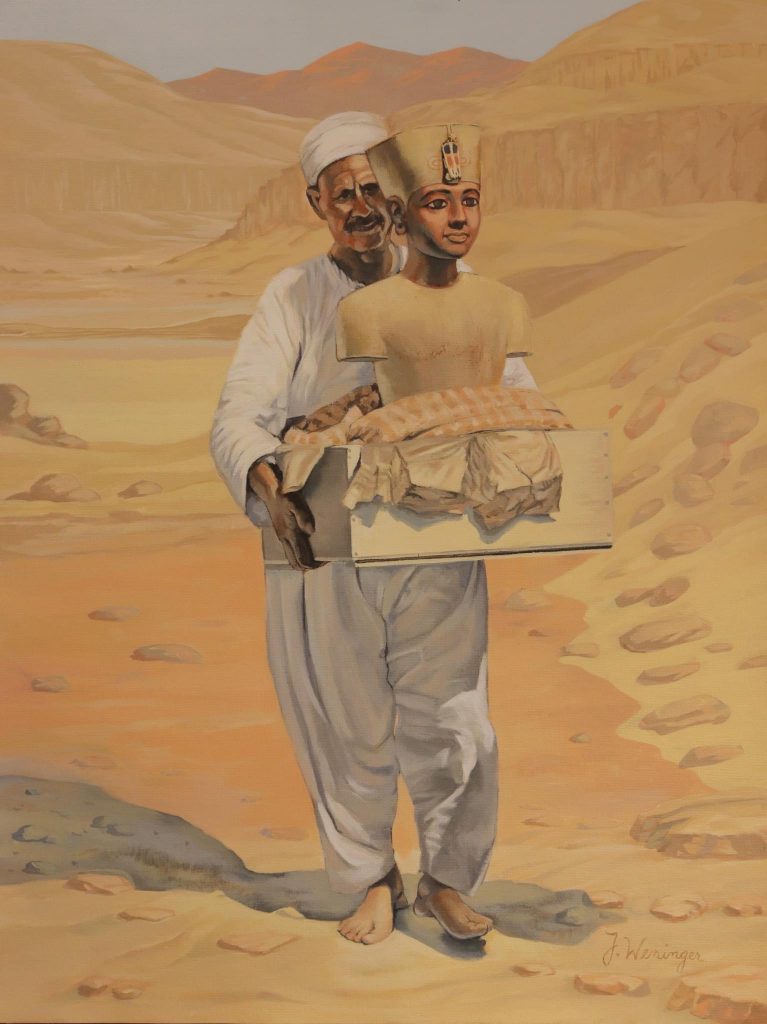

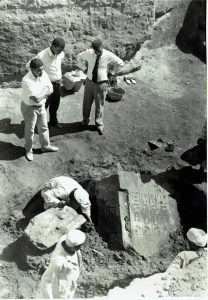
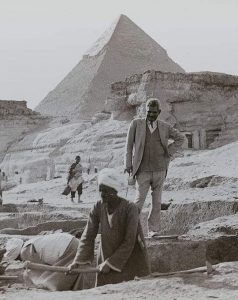
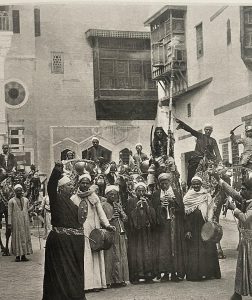
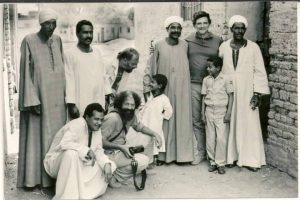
For more information contact us using our online form. Please feel free to include questions or ideas on how you believe this project can be better implemented.

